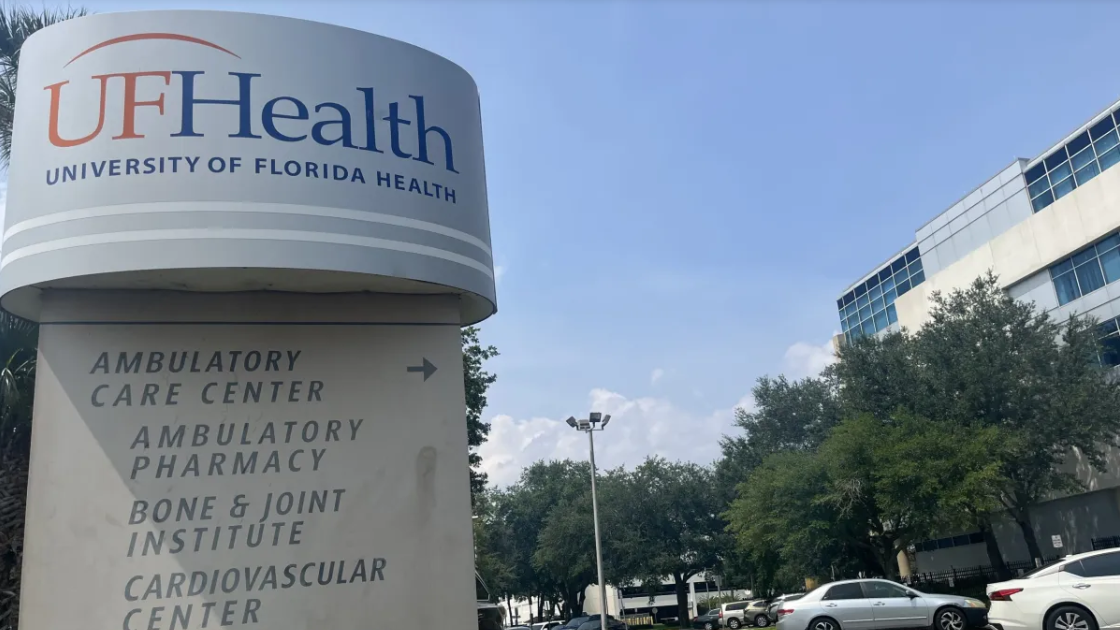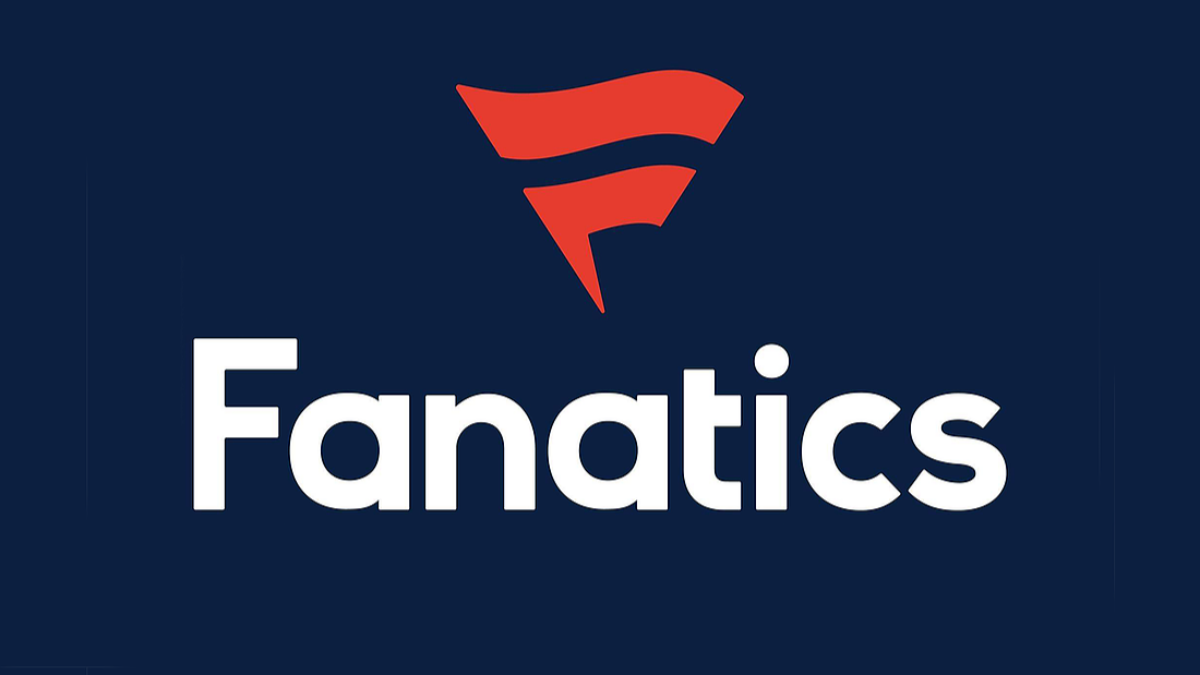Northeast Florida’s largest hospital and central caregiver for its neediest patients is in dire straits due to a deepening hole of debt, a costly deal with Jacksonville’s jail and a worsening deficit it faces for treating poor people, according to the Jacksonville Council Auditor’s Office.
UF Health Jacksonville’s grim financial results last year puts the onus on the city to decide how it will address rising health care costs for poor patients going forward. Council Auditor Kim Taylor detailed in a special report released Wednesday some of the tough decisions the City Council may need to make. The hospital’s struggles, Taylor found, come at a cost to Jacksonville taxpayers, and unlike in every other county in Florida, Jacksonville has no dedicated tax-funding sources available. Meanwhile, the hospital has also faced credit rating downgrades that hurt its standing with private investors.
As Northeast Florida’s primary safety-net hospital, UF Health treats a larger share of uninsured and Medicaid-insured patients than others. It has also held a contract with Jacksonville’s city-county government for decades as the region’s indigent-care provider, treating uninsured patients who have nowhere else to go. That contract, currently set to end in March 2028, has become a vital source of its funding.
The new report “reflects a reality common to many safety-net hospitals across the country,” UF Health spokesman Dan Leveton stated in an email to The Tributary.
“The skyrocketing costs of providing health care like ours also means we need to find additional funding moving forward,” the hospital spokesman wrote. He added that “we look forward to working hand-in-hand with local officials” and “are incredibly thankful to the city” for its decades of funding and multimillion-dollar boosts “to help offset some of the costs of treating our most vulnerable patients” in recent years.
Being a safety-net hospital “creates inherent financial pressures that not all hospitals experience,” the auditor’s report noted.
UF Health disclosures show nearly 60% of its patients are on Medicare and Medicaid. Another 31% don’t have insurance. That’s not normal.
The average hospital in Florida makes only about 27% of its money from Medicare and Medicaid, per an analysis by Becker’s Healthcare. Most other hospitals prioritize patients with profitable private insurance plans instead of prioritizing poor and uninsured patients.
Treating low-income patients has become a harsher financial burden for UF Health in recent years, another issue of focus in the report.
The hospital ran a deficit of $105 million in the latest fiscal year from its services to Medicaid, Charity Care and self-paying patients, nearly double its loss in the prior year and magnitudes higher than the $23 million deficit it logged for those services three years earlier.
Adding to the problem of shrinking revenues is a recent spike in labor expenses. The cost of UF Health’s workforce reached nearly $440 million last fiscal year, a whopping 29% increase from those same costs just three years earlier.
Another driver of UF Health’s losses is the inmates arrested by the Jacksonville Sheriff’s Office, per the auditor. That’s because the hospital has a contractual duty to care for JSO inmates in cases where the jail isn’t equipped for their medical needs.
The Sheriff’s Office has high-dollar contracts of its own for private health care — currently provided at a cost of $21 million this fiscal year by NaphCare, which replaced Armor Correctional Health Services last year amid scrutiny of deaths and medical horror stories in the jail. Still, neither the Sheriff’s Office nor its private contractors eat much of the expense to outsource an inmate’s care to UF Health.
Instead, those inmate care expenses mostly fall on the city under its agreement with UF Health, which the auditor’s report says totaled a cost of about $14 million last fiscal year. In most states, cities are able to use federal Medicaid funds to cover inmate treatment of this nature, but because Florida has declined to implement Medicaid expansion, that option isn’t available.
“With a new jail being discussed, decisions need to be made related to what level of services should be provided onsite,” the report states. Because the current contract ensures the city, and not the jail’s medical provider, eats the cost when an inmate is brought to the hospital, “the city and the Sheriff’s Office need to ensure that the contract for onsite inmate health care is structured to not incentivize the contractor to refer patients to [UF Health].”
Without a dedicated revenue source, UF Health’s rising cost for taking care of those who are poor has taken up an increasing amount of the city’s general budget.
“The trend line [of increasing costs] is challenging to the city,” said Mike Weinstein, a former state representative and city administrator who oversaw finances under four different mayors. “The county is responsible for indigent care, so we can’t turn our back on it.”
Weinstein, who helped Mayor Donna Deegan craft her initial budget and is still acting as her special counsel, has said the Legislature should give Jacksonville the same options that other counties have for dedicated tax revenue to fund the hospital. Currently, state law explicitly excludes Jacksonville from those taxes.
Northeast Florida, he said, needs UF Health, especially its Level 1 trauma center, but it’s hard to make UF Health’s business model work when it acts as the primary safety net hospital taking care of the uninsured in Jacksonville. That’s why public support is necessary.
Jacksonville Chief Health Officer Dr. Sunil Joshi pointed to Deegan’s initiative to reduce the number of uninsured residents as one way the city was trying to alleviate UF Health’s burdens. He also said the Telehealth Safety Net Clinic approved by the City Council will lower the number of patients who use UF Health’s emergency room for minor illnesses.
The auditor’s report stems from a request by City Council President Ron Salem to dig into what’s fueling UF Health’s woes. By the end of its latest fiscal year last June, the hospital had only 42 days worth of cash on hand. The losses piled up so rapidly that UF Health missed its minimum debt service coverage ratio, a critical metric that its debtholders expect it to meet each year.
The debt service coverage ratio assesses if a business is making enough money to cover its annual debt payments. A ratio of less than 1 indicates a business has negative cash flow and won’t meet its looming obligations on its own. The minimum ratio that UF Health was supposed to meet last year is exactly 1.0, according to its past financial disclosures.
If the hospital doesn’t shore up enough cash by this coming June, it risks a devastating backlash from its lenders. Failing to meet its minimum ratio in two consecutive fiscal years is grounds for a default under UF Health’s borrowing agreements, per its financial statements.
“There continue to be significant stresses expected on [UF Health’s] financial position,” the report stated. The report did offer some encouragement that auditors don’t anticipate UF Health will struggle as much as it did last fiscal year.
Salem told The Tributary the new report will assist him in assessing UF Health’s future budget requests, and it will guide the City Council’s work in making recommendations for a new jail.
This story is published through a partnership between Jacksonville Today and The Tributary.







